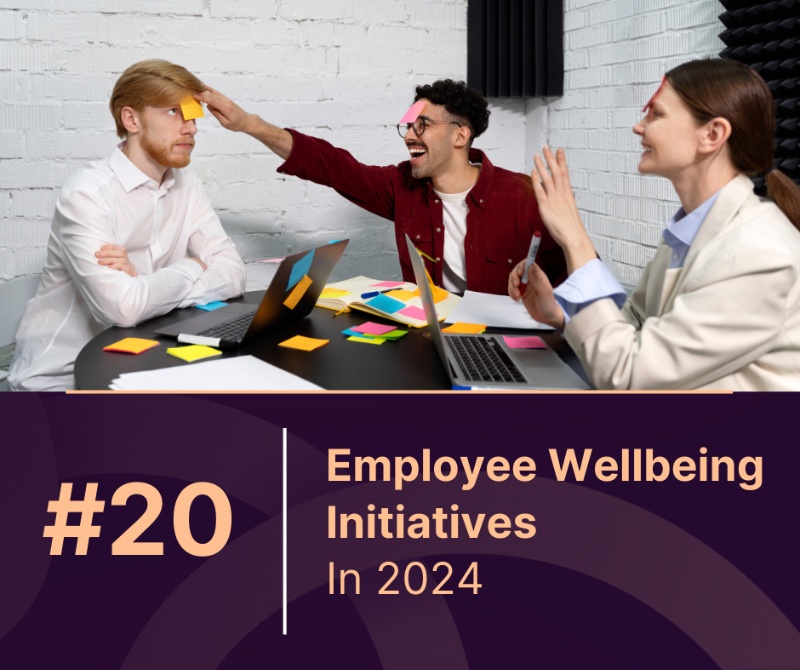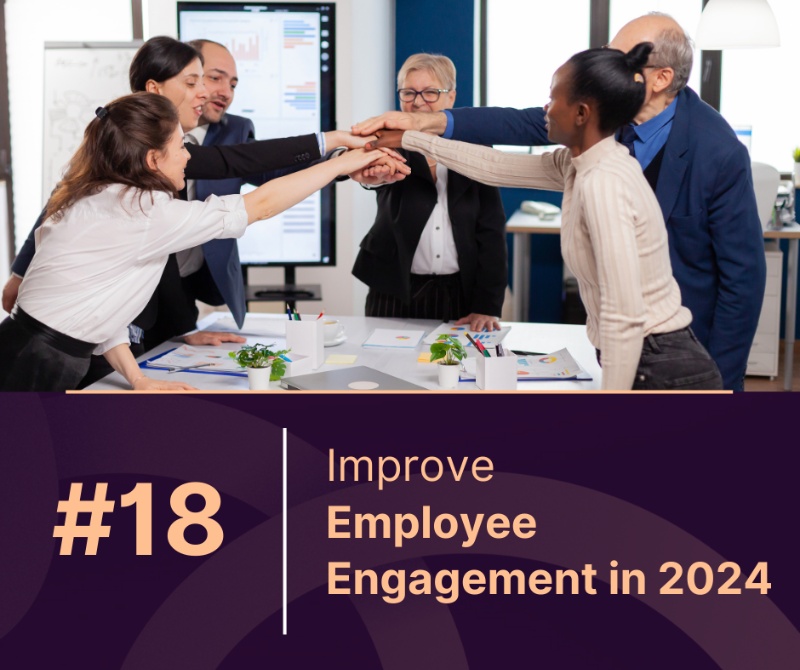In today’s rapidly evolving digital landscape, technological advancements are reshaping the way organizations operate and manage their human resources . From artificial intelligence (AI) and machine learning to data analytics and automation, HR professionals are harnessing the power of technology to streamline processes, enhance decision-making, and create more strategic and impactful HR practices. Embracing innovation allows HR professionals to streamline processes, automate repetitive tasks, and stay ahead of industry trends. By leveraging data-driven insights, they can make informed decisions, identify patterns, and forecast future workforce needs more accurately. This, in turn, enables organizations to optimize their talent acquisition, development, and retention strategies. Let’s explore how HR is adapting to these technological advancements and shaping the future of work:
-
AI-Powered Recruitment and Talent Acquisition:
-
-
- AI-driven algorithms are revolutionizing the recruitment process by automating candidate sourcing, screening resumes, and identifying top talent more efficiently.
- Chatbots and virtual assistants enhance candidate engagement and provide instant support throughout the hiring process, improving the overall candidate experience.
-
-
Data Analytics for HR Informed Decision-Making:
-
-
- HR analytics tools enable organizations to collect and analyze vast amounts of data to gain valuable insights into workforce trends, employee performance, and engagement levels.
- Predictive analytics help HR professionals anticipate future talent needs, identify retention risks, and develop proactive strategies to optimize workforce planning and management.
-
-
Personalized Learning and Development:
-
-
- Adaptive learning platforms leverage AI to deliver personalized training and development programs tailored to employees’ skills, preferences, and learning styles.
- Microlearning modules, gamification, and immersive technologies enhance engagement and knowledge retention, empowering employees to upskill and stay competitive in their roles.
-
-
Employee Experience and Engagement Platforms:
-
-
- HR technology platforms integrate various tools and applications to enhance the employee experience, from onboarding and performance management to feedback and recognition.
- Pulse surveys, sentiment analysis, and feedback mechanisms provide real-time insights into employee sentiment and satisfaction, enabling teams to address issues promptly and foster a positive workplace culture.
- Implement employee experience and engagement platforms to gather feedback, recognize achievements, and foster a positive work culture, ultimately enhancing employee satisfaction and retention.
-
-
Remote Work Enablement and Collaboration Tools:
-
-
- Cloud-based collaboration tools, virtual workspaces, and video conferencing platforms facilitate seamless communication and collaboration among remote teams, regardless of geographical location.
- Project management software and task automation streamline workflows, improve productivity, and ensure alignment across distributed teams.
-
-
Ethical Considerations and Data Privacy:
-
-
- As Human resources increasingly relies on data-driven insights, ensuring data privacy and ethical use of technology becomes paramount.
- HR professionals must adhere to strict data protection regulations, maintain transparency, and prioritize ethical considerations when collecting, storing, and analyzing employee data.
- Prioritize ethical data collection and handling practices to safeguard employee privacy and maintain trust within the organization and among stakeholders.
-
-
Continuous Adaptation and Learning:
-
- Embracing technological advancements requires a mindset of continuous adaptation and learning within HR teams.
- Human resources professionals should stay abreast of emerging technologies, attend training programs, and collaborate with cross-functional teams to leverage technology effectively and drive innovation in HR practices.
- Foster a culture of continuous adaptation and learning within the organization to empower employees to stay agile, resilient, and innovative in the face of evolving industry trends and challenges.
In conclusion, the future of HR is deeply intertwined with technological advancements, offering unprecedented opportunities to enhance efficiency, agility, and employee engagement in the workplace. By embracing innovation, leveraging data-driven insights, and prioritizing the human element, professionals can lead their organizations towards success in the digital era and shape the future of work for years to come. Ultimately, by striking a balance between technology and the human touch, HR professionals can effectively navigate the complexities of the digital era. By doing so, they can lead their organizations towards sustainable success and shape the future of work for generations to come.



